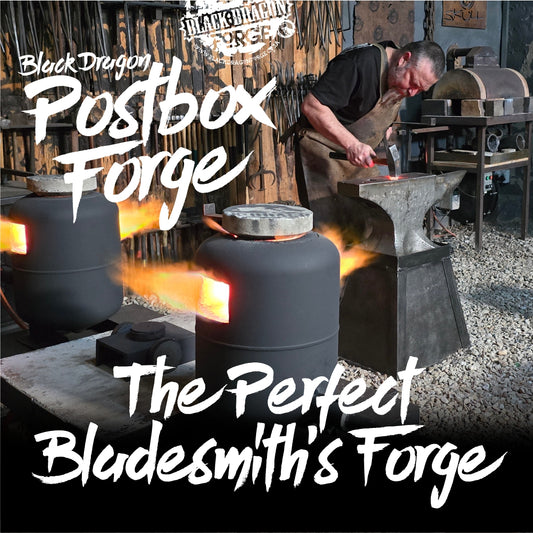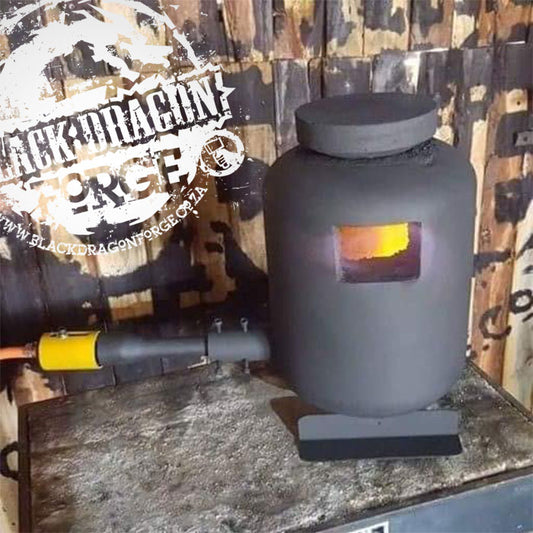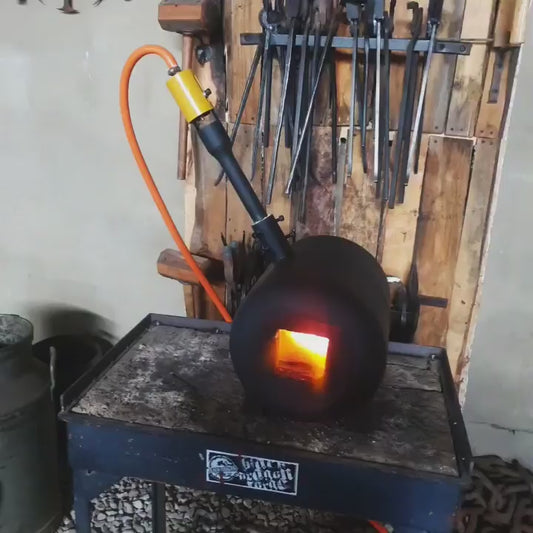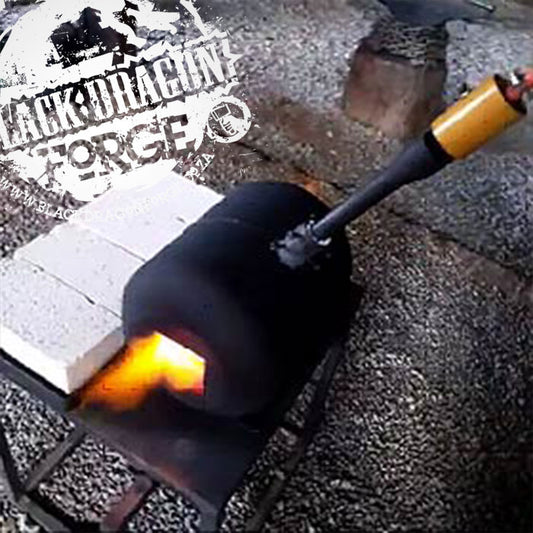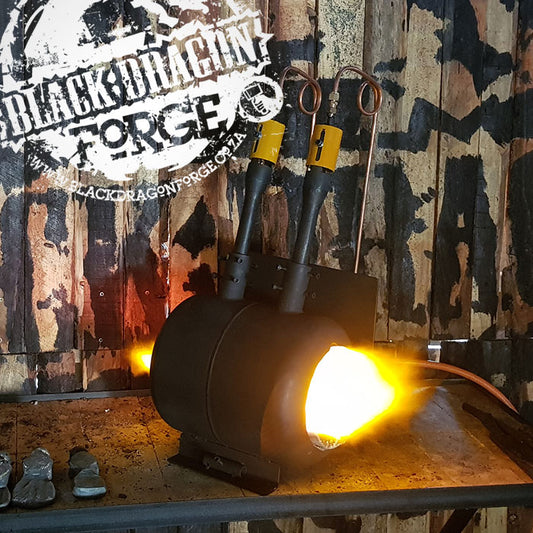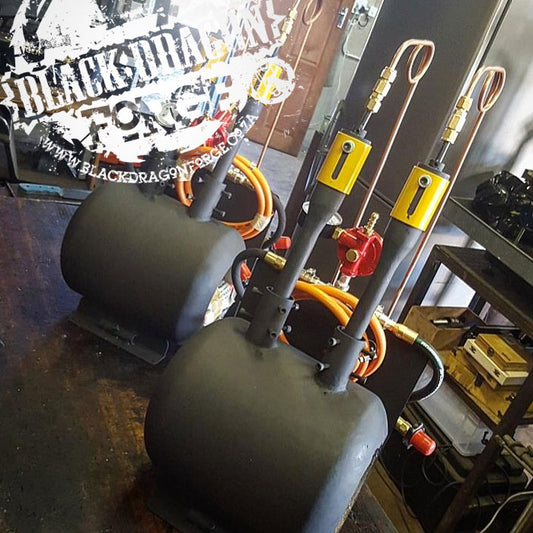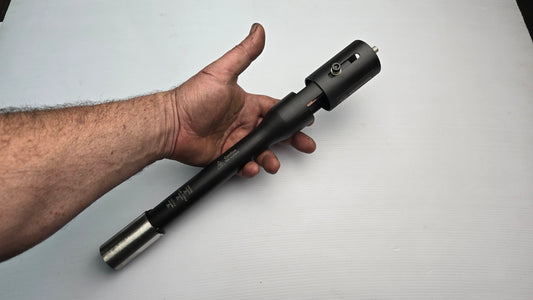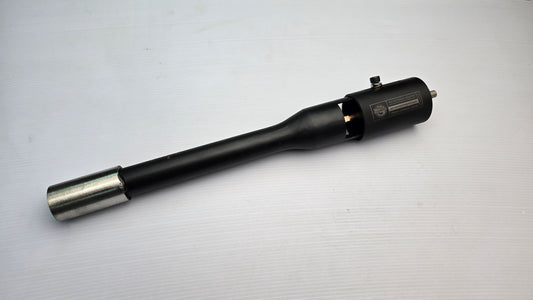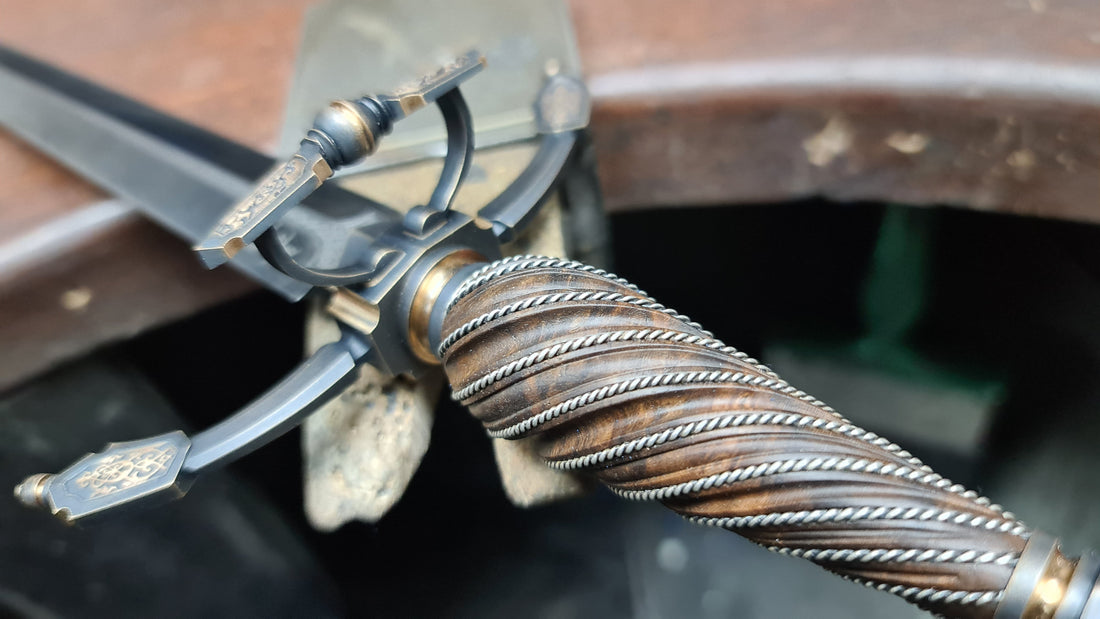
Self-Critiquing: A Tool to Improve Your Knifemaking
Neels Van Den BergHave you ever wondered how you can take your knifemaking skills to the next level? Whether you're a beginner or an experienced craftsman, self-critiquing can be a powerful tool to enhance your abilities and create knives of exceptional quality. In this article, we will explore the concept of self-critiquing and how it can help you improve your knifemaking process.
Understanding Self-Critiquing
What is Self-Critiquing?
Self-critiquing is the process of objectively evaluating your own work to identify areas of improvement. It involves stepping back from your creation and analyzing it with a critical eye. By assessing your knifemaking techniques, materials, and designs, you can pinpoint strengths and weaknesses in your craft.
The Importance of Self-Critiquing in Knifemaking
Self-critiquing is a valuable skill for any knifemaker, regardless of their level of expertise. It allows you to reflect on your work and push yourself to grow. Through self-critiquing, you can identify recurring mistakes, refine your techniques, and ultimately create knives that are more refined and functional.
The Self-Critiquing Process
Evaluating Techniques and Execution
One aspect of self-critiquing involves assessing your techniques and execution. Look at how you handle the materials, the precision of your cuts, and the overall craftsmanship of the knife. Are there any areas where your techniques could be improved? Can you enhance the finishing touches to achieve a higher level of perfection?
Analyzing Design and Functionality
Another important aspect of self-critiquing is analyzing the design and functionality of your knives. Consider the ergonomics, balance, and practicality of your creations. Is the handle comfortable to hold? Does the blade perform well in its intended tasks? By examining these elements, you can refine your designs and create knives that excel both aesthetically and functionally.
Seeking Feedback and Input
In addition to self-assessment, seeking feedback from others can provide valuable insights. Join knifemaking communities, attend workshops, or connect with fellow enthusiasts. By sharing your work and receiving constructive criticism, you can gain new perspectives and ideas to further enhance your knifemaking skills.
Overcoming Challenges Through Self-Critiquing
Embracing Mistakes as Learning Opportunities
Mistakes are an inevitable part of any creative process, including knifemaking. However, through self-critiquing, you can turn these mistakes into valuable learning opportunities. Embrace them as chances to improve and refine your techniques. Remember, even the most skilled knifemakers were once beginners who made their fair share of mistakes.
Setting Goals and Tracking Progress
Self-critiquing is not only about identifying flaws but also about setting goals and tracking your progress. Establish specific objectives for each knife you create. Whether it's improving your handle shaping or experimenting with new blade designs, having clear goals will motivate you and allow you to measure your growth over time.
Pushing Your Boundaries
Self-critiquing can help you push the boundaries of your comfort zone. Challenge yourself to try new techniques, materials, or styles. By stepping outside your familiar territory, you'll discover fresh perspectives and expand your skill set. Embrace the chaos and confusion that comes with exploring uncharted territories, and use them to fuel your creativity.
Conclusion
Self-critiquing is a powerful tool that can elevate your knifemaking skills to new heights. By objectively evaluating your techniques, designs, and functionality, you can continuously improve your craft. Embrace the chaos and confusion that come with self-critiquing, and use them as catalysts for growth. Remember, it's through this process of self-reflection that you'll forge knives of exceptional quality and craftsmanship.
Frequently Asked Questions (FAQs)
FAQ 1: How often should I self-critique my knifemaking work?
Self-critiquing is an ongoing process that should be done regularly. It's beneficial to assess your work after completing each knife and reflect on the areas that can be improved.
FAQ 2: Can self-critiquing be overwhelming?
At times, self-critiquing can feel overwhelming, especially when you notice multiple areas for improvement. However, remember that it's a valuable tool for growth. Take it step by step and focus on one aspect at a time to avoid becoming discouraged.
FAQ 3: How can I develop a more critical eye for self-critiquing?
Developing a critical eye takes practice. Look at other high-quality knives for inspiration and compare them to your own work. Educate yourself about different knifemaking techniques and principles to expand your knowledge and improve your ability to assess your own creations.
FAQ 4: Should I only focus on my weaknesses during self-critiquing?
While identifying weaknesses is essential for improvement, it's equally important to acknowledge your strengths. Recognizing what you do well can boost your confidence and provide a foundation to build upon.
FAQ 5: Can self-critiquing enhance my creativity?
Absolutely! Self-critiquing encourages you to think outside the box, experiment with new ideas, and refine your creative process. By pushing yourself to improve, you'll unlock new levels of creativity and innovation.

